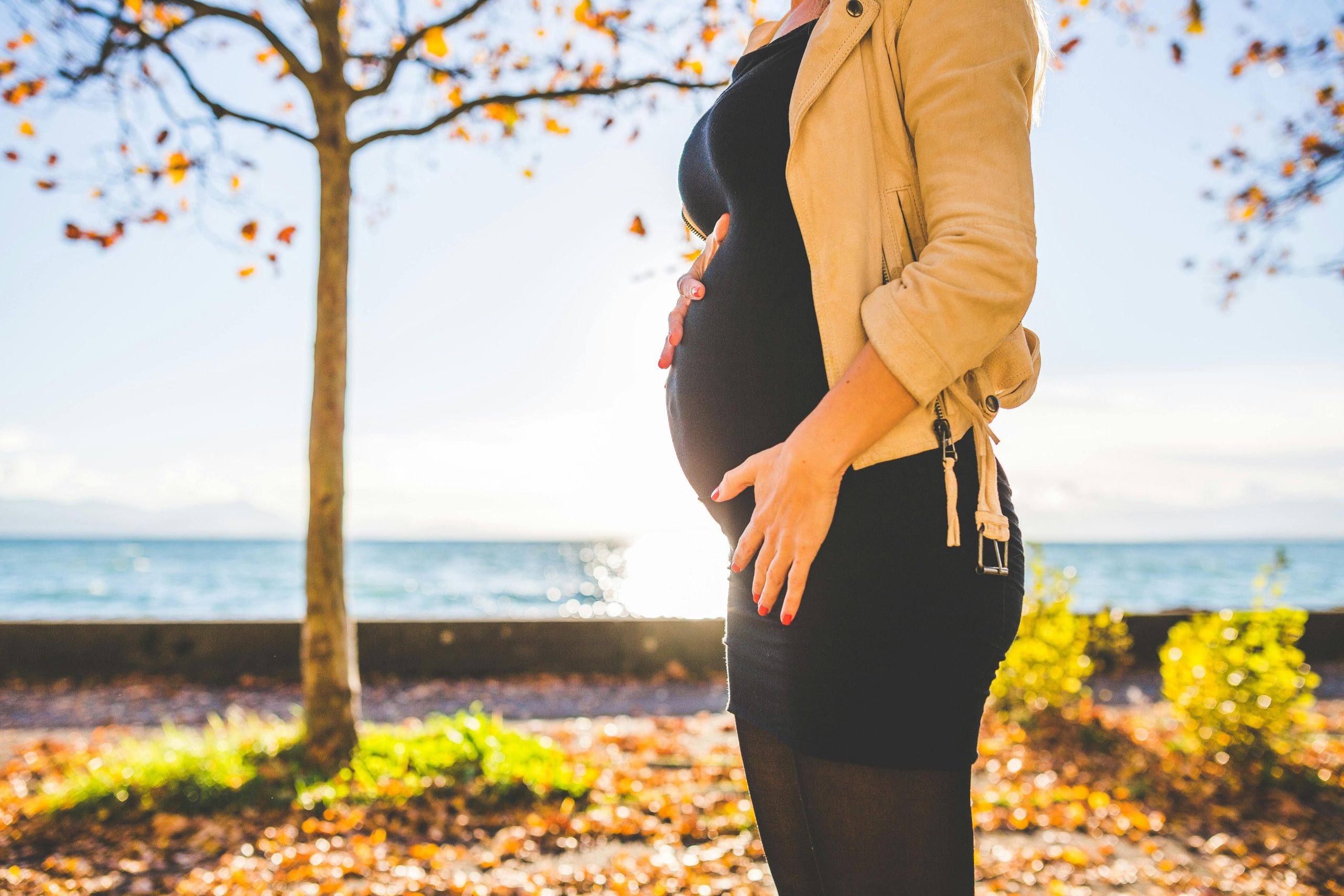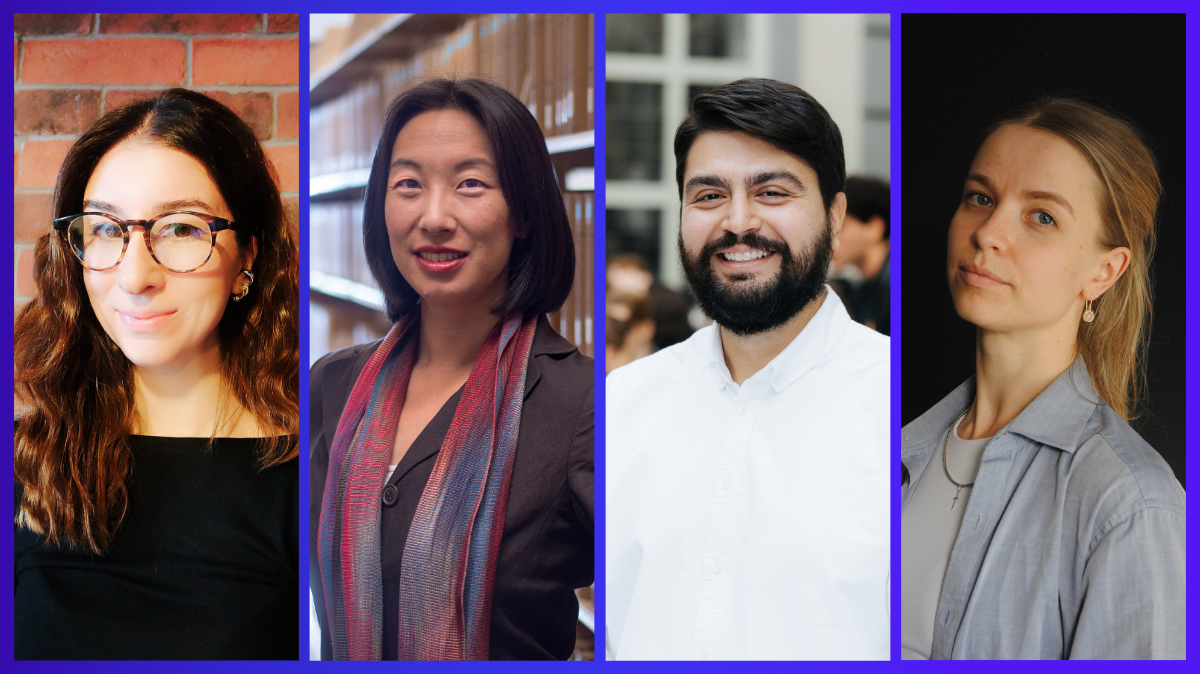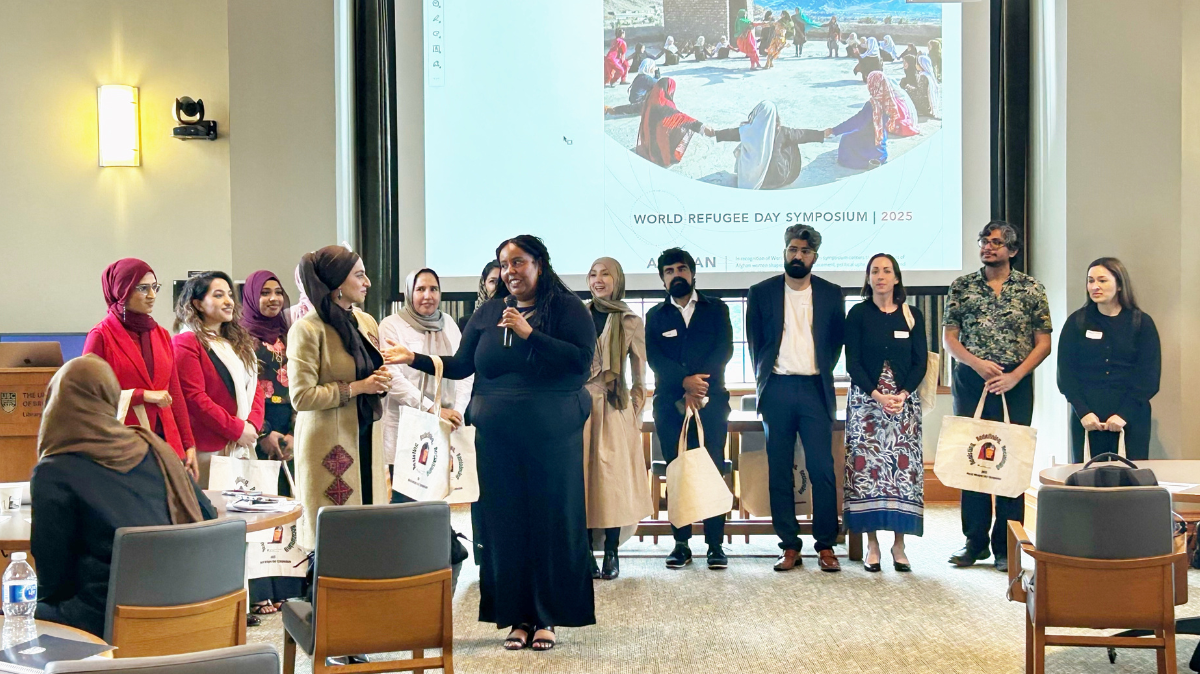

On June 20, 2025, the UBC Faculty of Education’s department of Curriculum and Pedagogy and the CMS Borders research group hosted the inaugural World Refugee Day Symposium.
The event attracted over one hundred participants from diverse academic and community sectors. Attendees included educators, students, and community members from across UBC’s faculties—Applied Science, Arts, Education, Law, Medicine, and Science—as well as other local universities and settlement organizations.
Focusing on the lived experiences of Afghan women shaped by displacement, political instability, and gendered exclusion, the event created a space for critical reflection, solidarity, and knowledge sharing. The symposium explored how the identities of Afghan women are constructed, resisted, and reimagined, particularly through education. It aimed to disrupt reductive narratives, foregrounding their intellectual contributions and political agency.
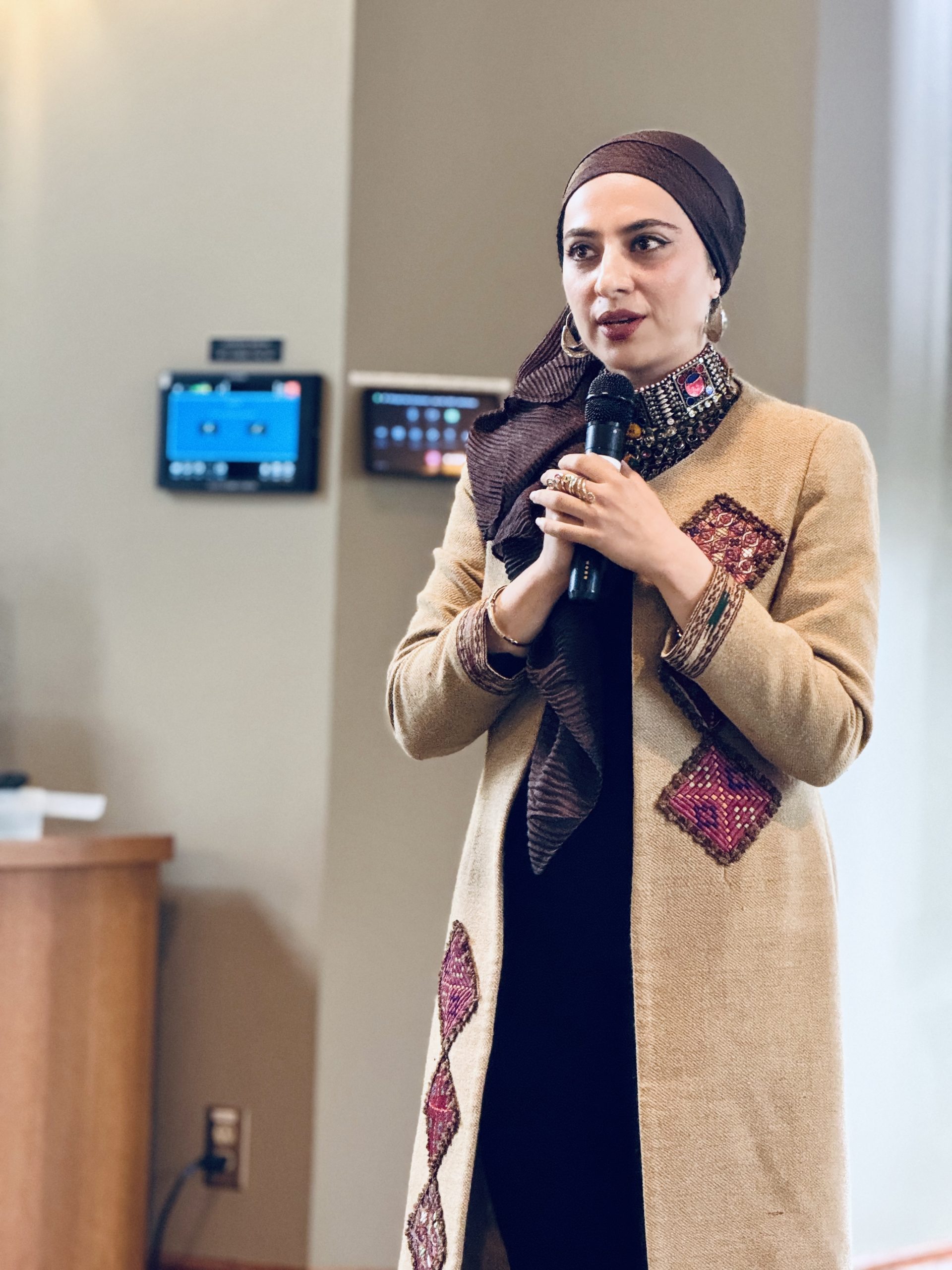
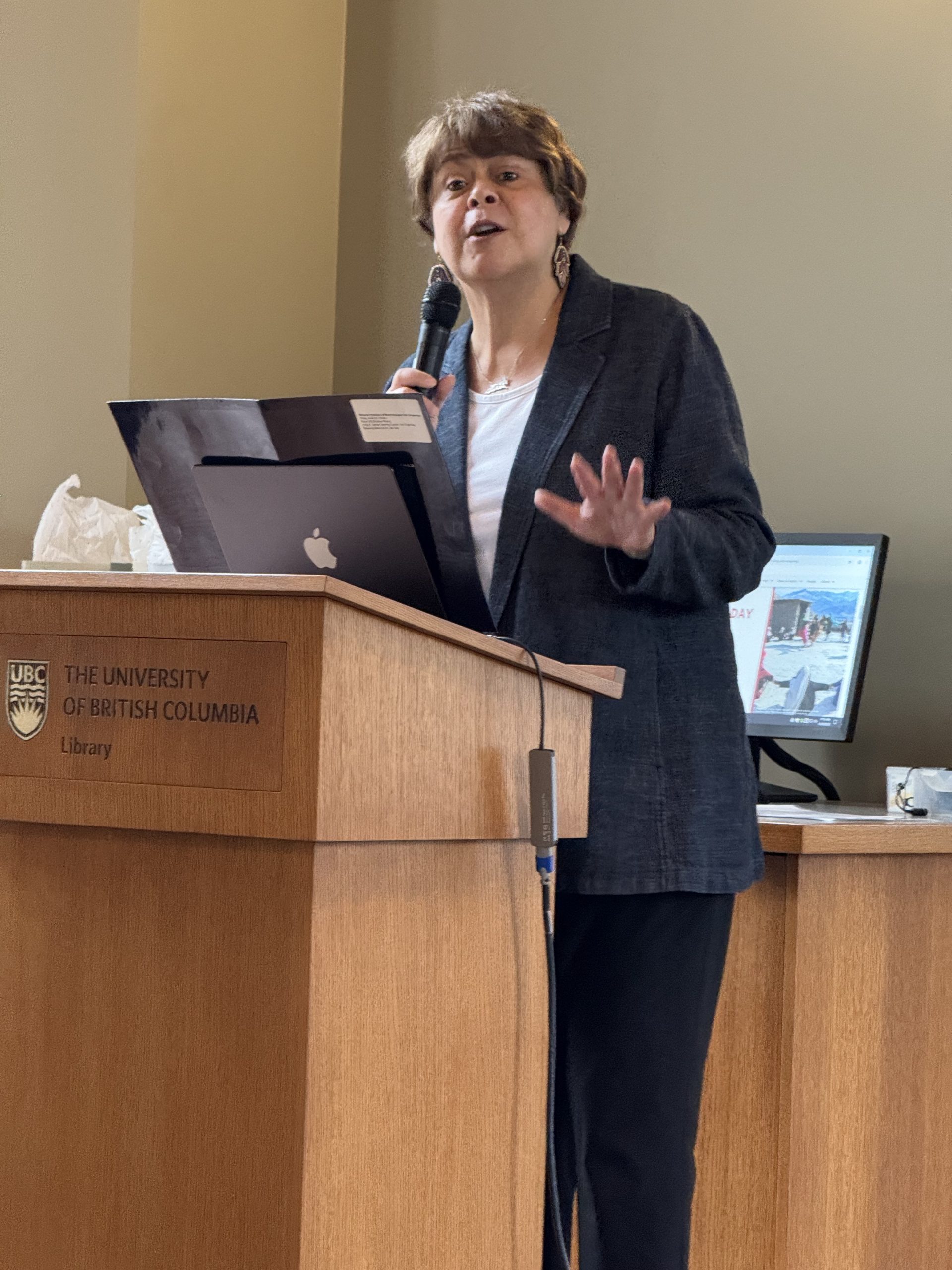

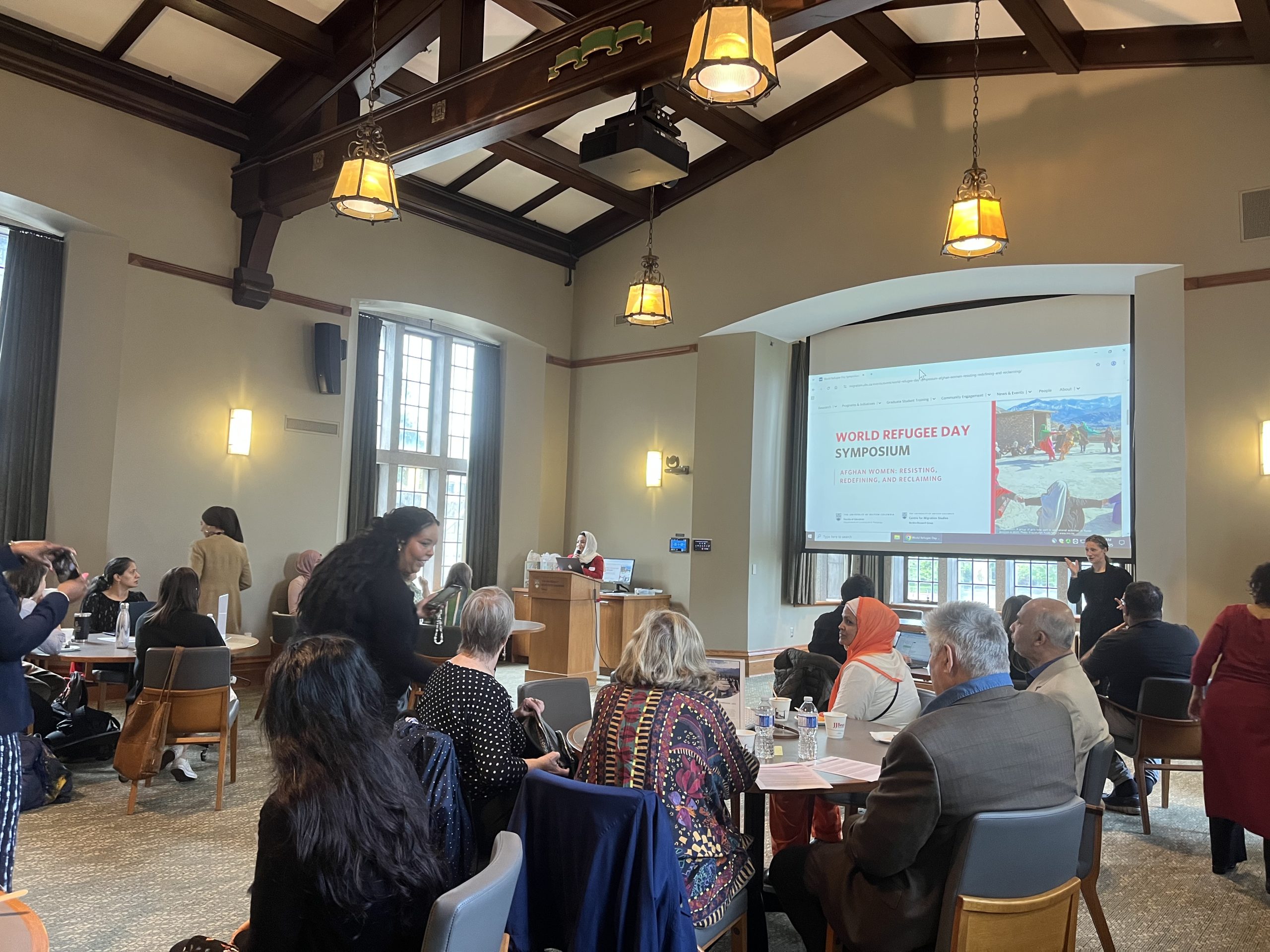
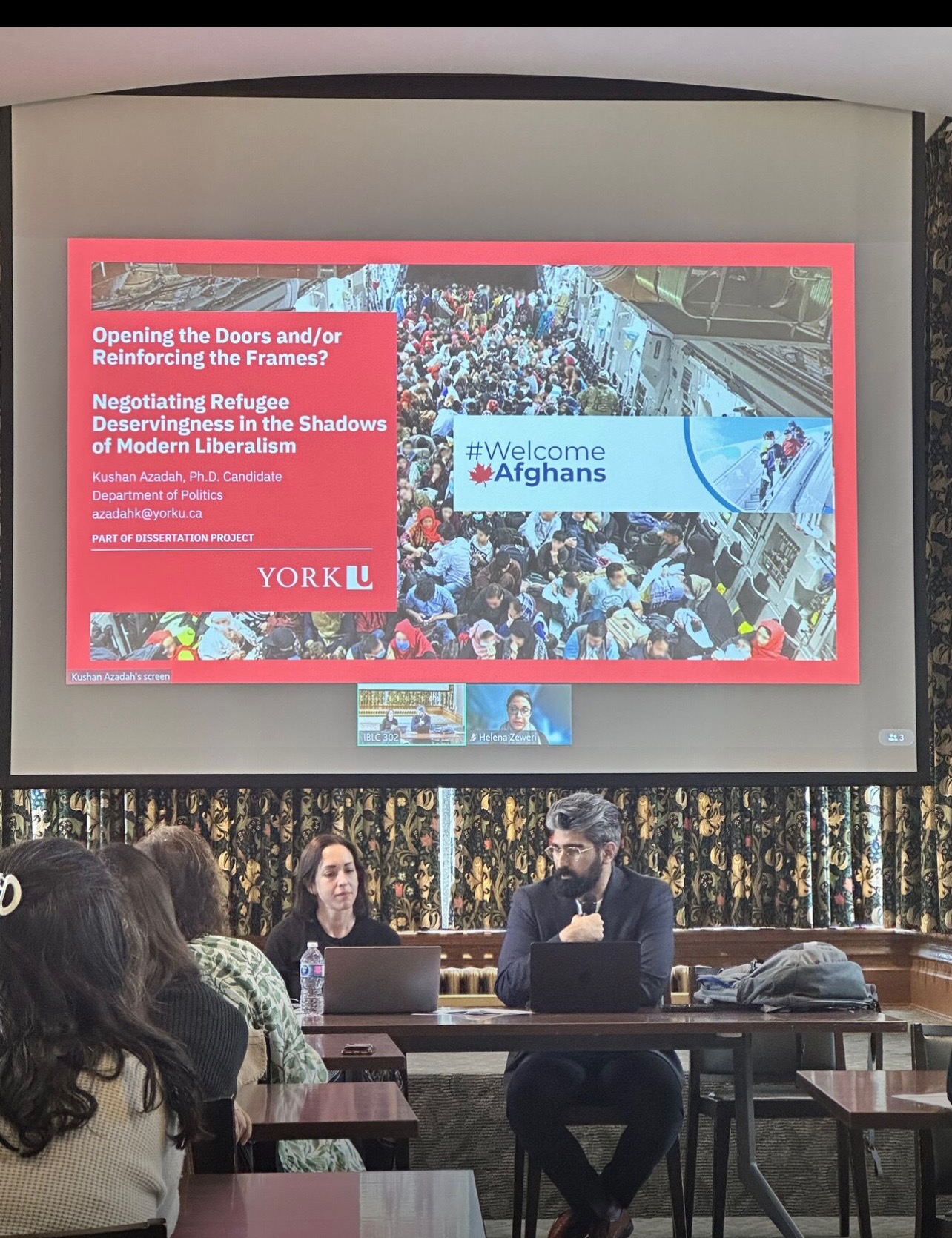
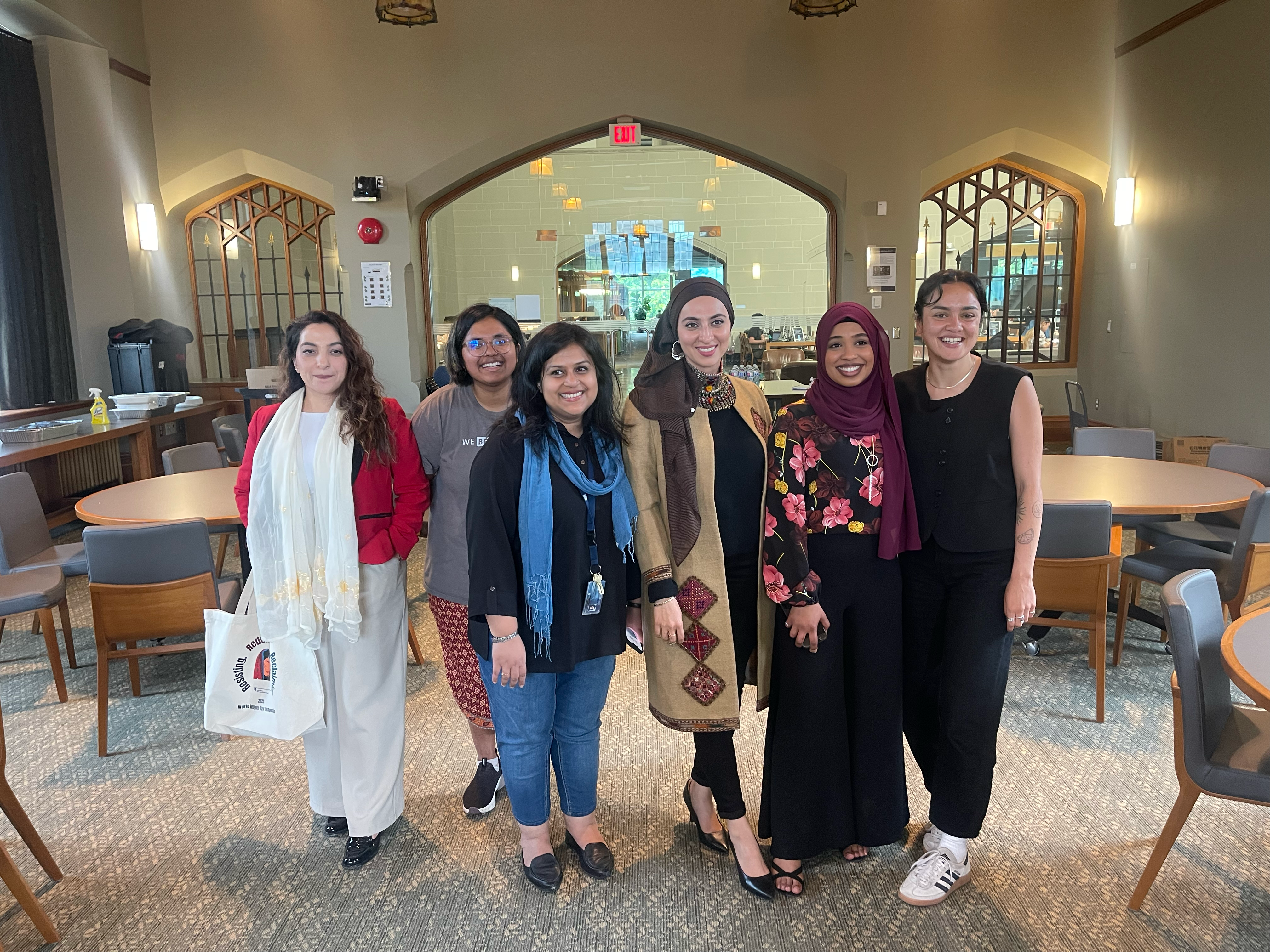
IMG_2686

Presentations addressed a range of themes, including:
- The denial of schooling under a system of gender apartheid,
- The use of technology to deliver education to conflict zones,
- Legal status, resettlement, and challenges faced by Afghan refugees in Canada,
- The transit conditions in camps,
- The intersection of global systems of colonialism, education imbalances, and consequences of war.
The event successfully fostered solidarity, raised awareness, and honoured the resilience and leadership of Afghan women in the face of systemic injustice.
Building on the momentum of this year’s symposium, planning is underway for the 2026 edition. The goal is to broaden its scope, deepen community partnerships, and amplify more voices from displaced and marginalized communities. Organizers Sofia Noori, Assistant Professor in Refugee Education, and Helena Zeweri, Assistant Professor of Anthropology, aim to create an even more engaging, inclusive, and globally connected event that continues to challenge dominant narratives and foster critical dialogue around the lived realities of forced displacement.

